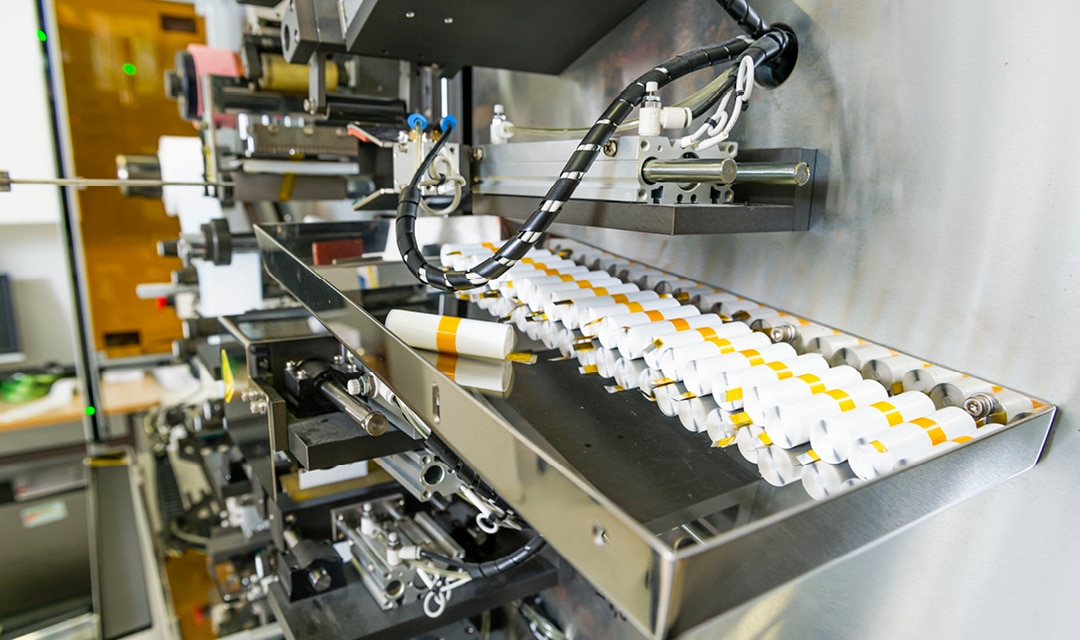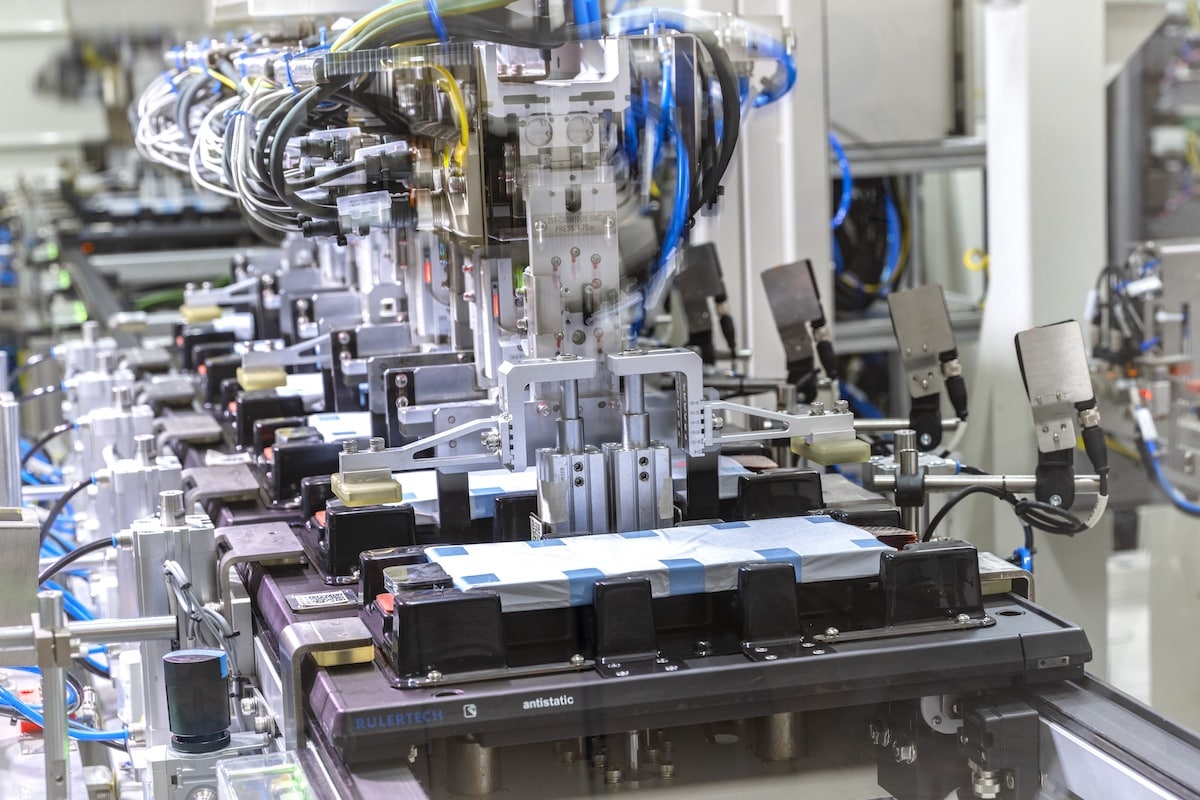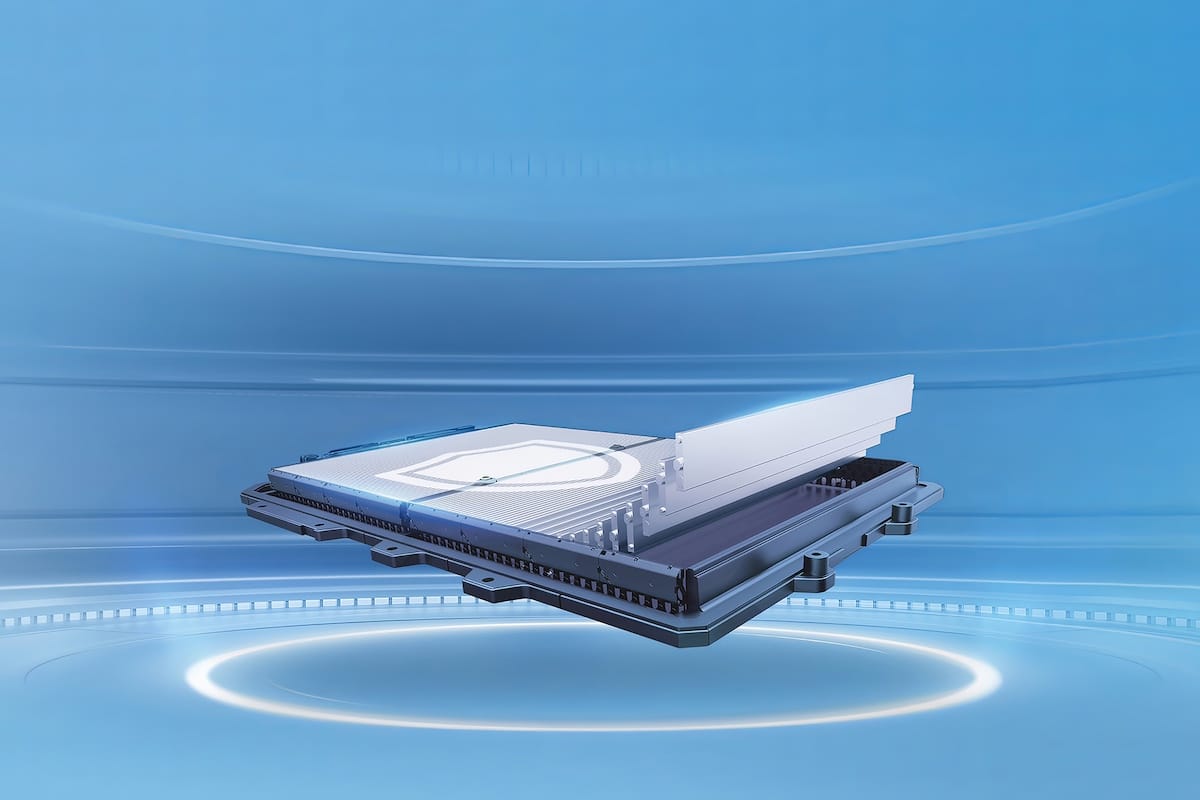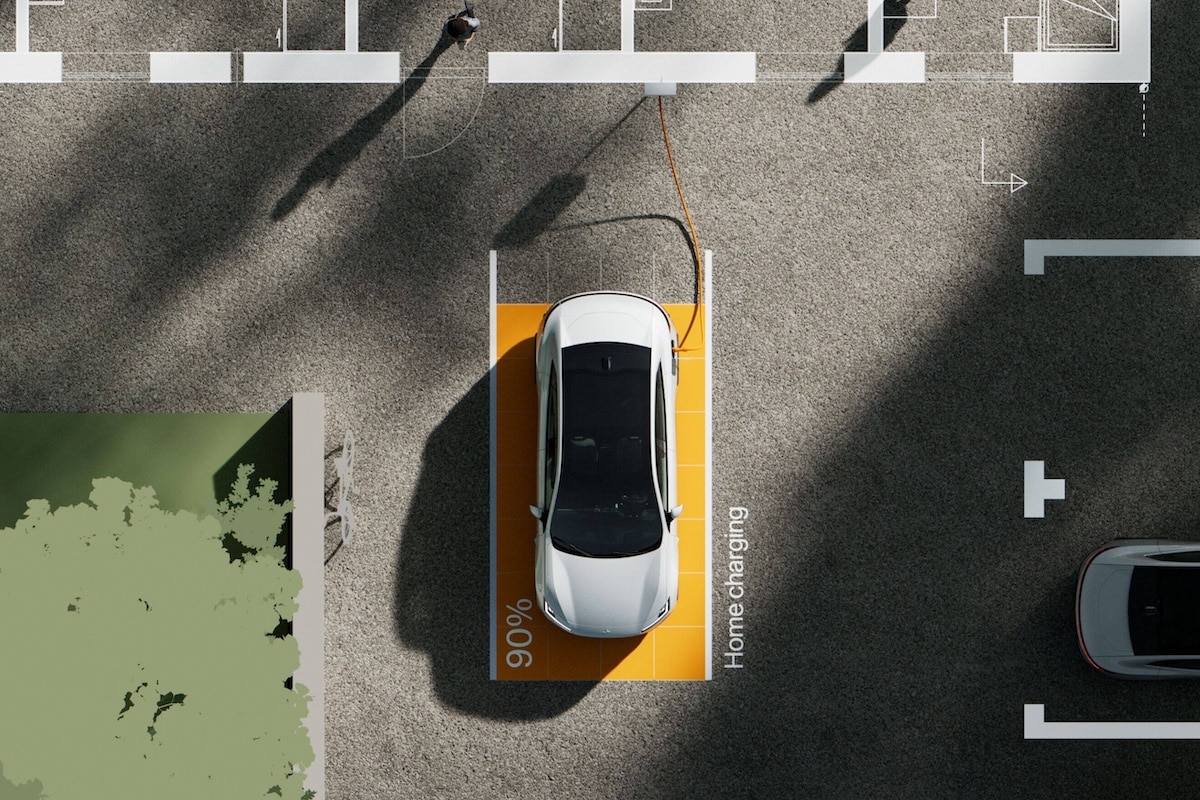Stellantis Wants Cheaper Batteries

The chemical process of sodium-ion batteries must enable cost reduction and sustainability improvements.
Stellantis announced its participation as a strategic investor in Tiamat, a France-based company that develops and markets sodium-ion battery technology.
Sodium-ion technology offers a lower cost per kilowatt-hour and contains neither lithium nor cobalt. Abundant sodium provides advantages in terms of sustainability and raw material control. Tiamat is the first company in the world to have recently commercialized sodium-ion technology in an electrified product.
The switch to electric propulsion is a key pillar of the Dare Forward 2030 Strategic Plan. This strategic plan aims to achieve, by 2030, a 100% sales mix of battery electric vehicles (BEV) for passenger cars in Europe and 50% for passenger cars and light commercial vehicles in the United States. To reach these sales targets, Stellantis is building a battery capacity of about 400 GWh. Stellantis is on track to become a carbon-neutral company by 2038, across all fields of application, with a residual emission offset percentage in the single digits.
Tiamat is a company spun off from the French CNRS (Centre National de la Recherche Scientifique), leveraging its most innovative research. The company will use the funds raised, in which Stellantis Ventures participates, to start building a sodium-ion battery factory in France, initially for electric tools and stationary storage applications, then to ramp up second-generation product production for BEV applications.
READ ALSO: What are the advantages and disadvantages of solid-state batteries?
This page is translated from the original post "Stellantis veut des batteries moins chères" in French.
We also suggestthese articles:
Also read






